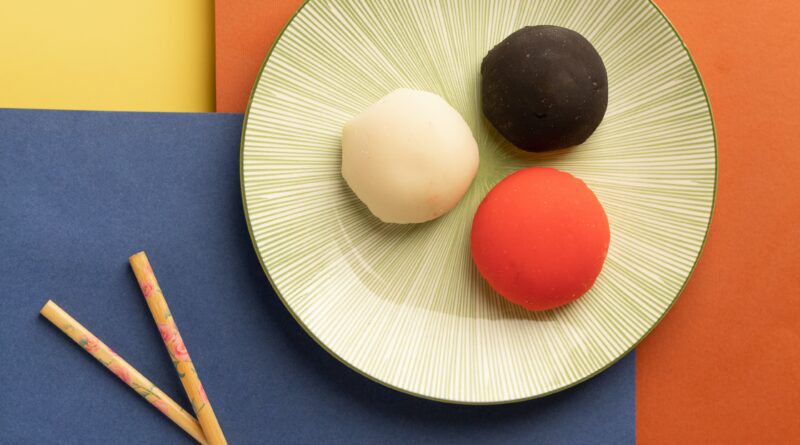Bonuses and Mochi (Rice-Cake) Payments
Bonuses and Mochi
賞与と餅代
Most Japanese companies pay bonuses to workers twice a year, apart from regular salaries.
多くの日本の企業は、労働者に対して定期給とは別に、賞与を年2回支給します。
The average amount of the bonus in Japan is about 1 million yen (8,720 dollars) a year, but it could fluctuate greatly depending on the company.
賞与の平均額は年間100万円くらいだそうですが、企業によって大きく異なります。
The bonuses are over 3.5 million yen (30,520 dollars) in leading companies, while they are 0 yen in small enterprises.
大手企業では350万円以上である一方、中小企業では0円ということもあります。
As a result of searching about the bonuses in overseas, I found that many countries seem to pay bonuses once a year.
この賞与について、外国ではどうなのかを調べたところ、1年に1回もらう国が多いようでした。
In some countries, companies pay 13 months’ salaries, and this extra part seems to correspond to bonuses.
一部の国では、給与は13回支払われるようで、これがボーナスに相当しているようでした。
By the way, some Japanese companies pay “mochi payments (rice-cake payments),” in addition to bonuses at the end of the year.
ちなみに、日本の一部の企業では賞与の他に「餅代」を年末に支給しています。
The reason why we call it “mochi payments” is that we often eat mochi during the New Year holidays, but it is just something like “otoshidama(New Year’s gift money).”
日本人は年末年始によくお餅を食べるので、餅代と呼んでいますが、お年玉のようなものです。
Although mochi payments are around tens of thousands yen (300-500 dollars) in many cases, the Liberal Democratic Party seems to pay 1 million yen to each assembly member as mochi payments.
多くの場合餅代は数万円程度だそうですが、自民党が出した餅代は100万円だったそうです。




